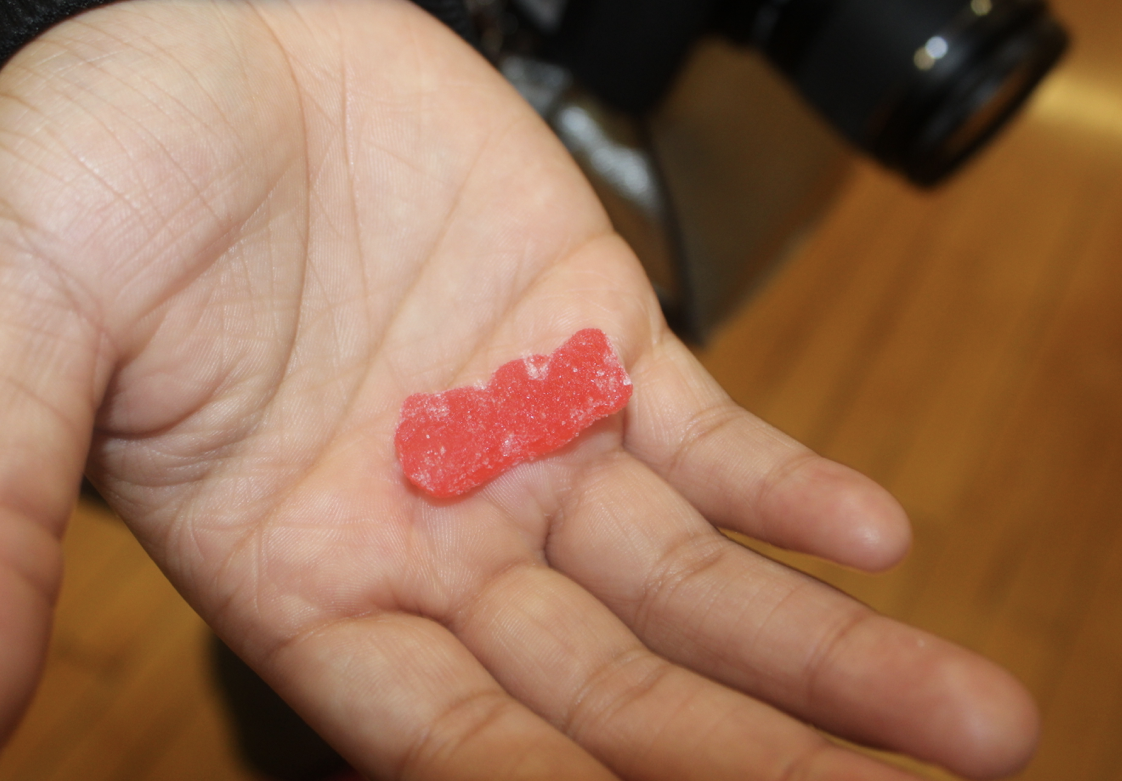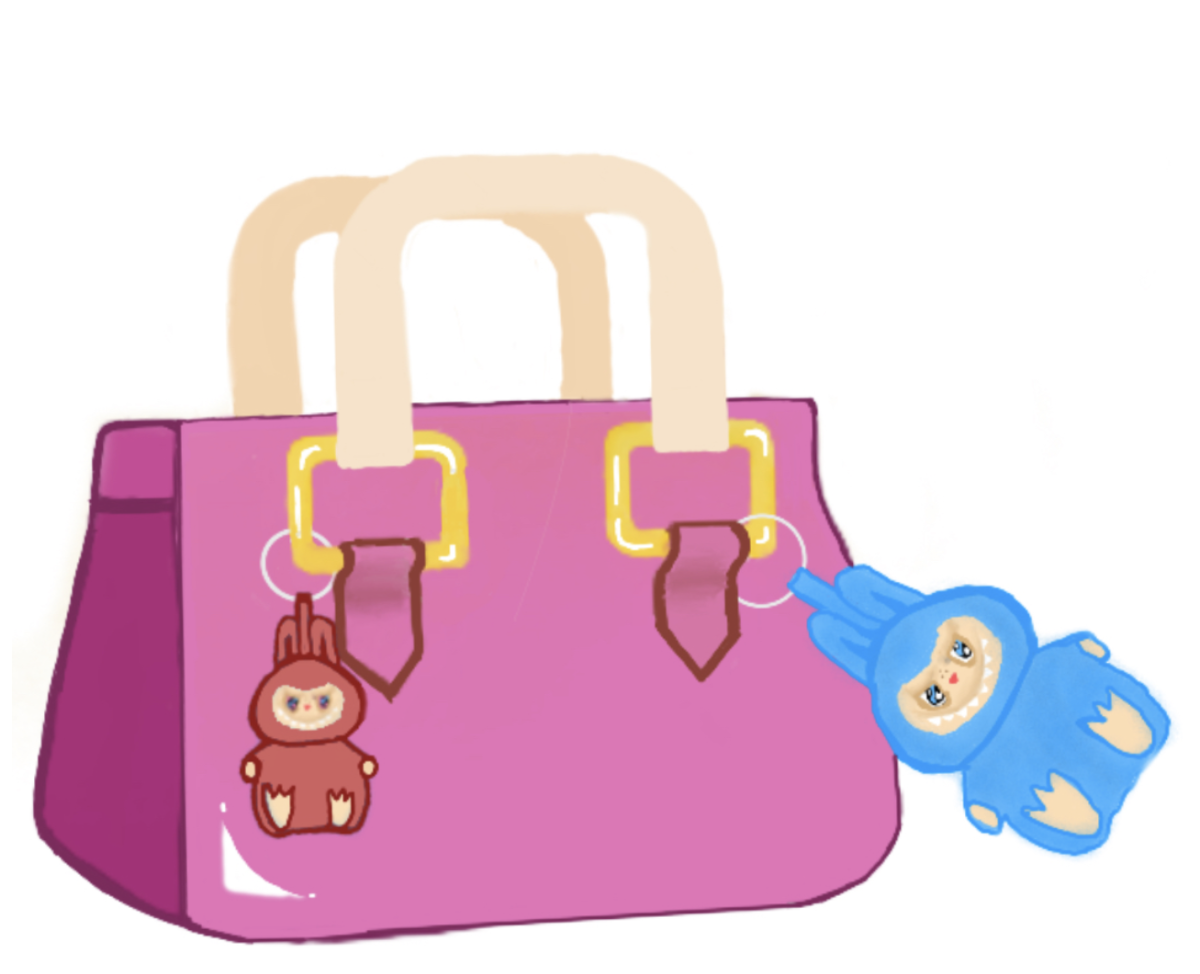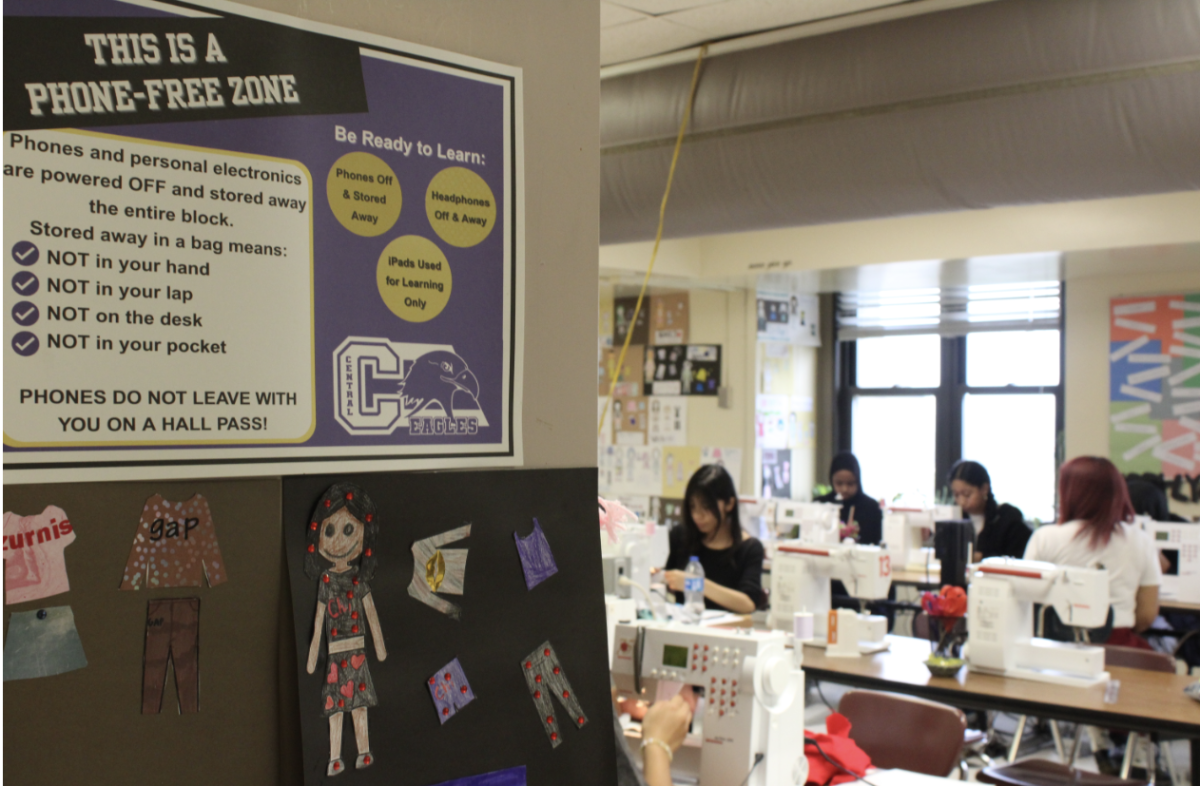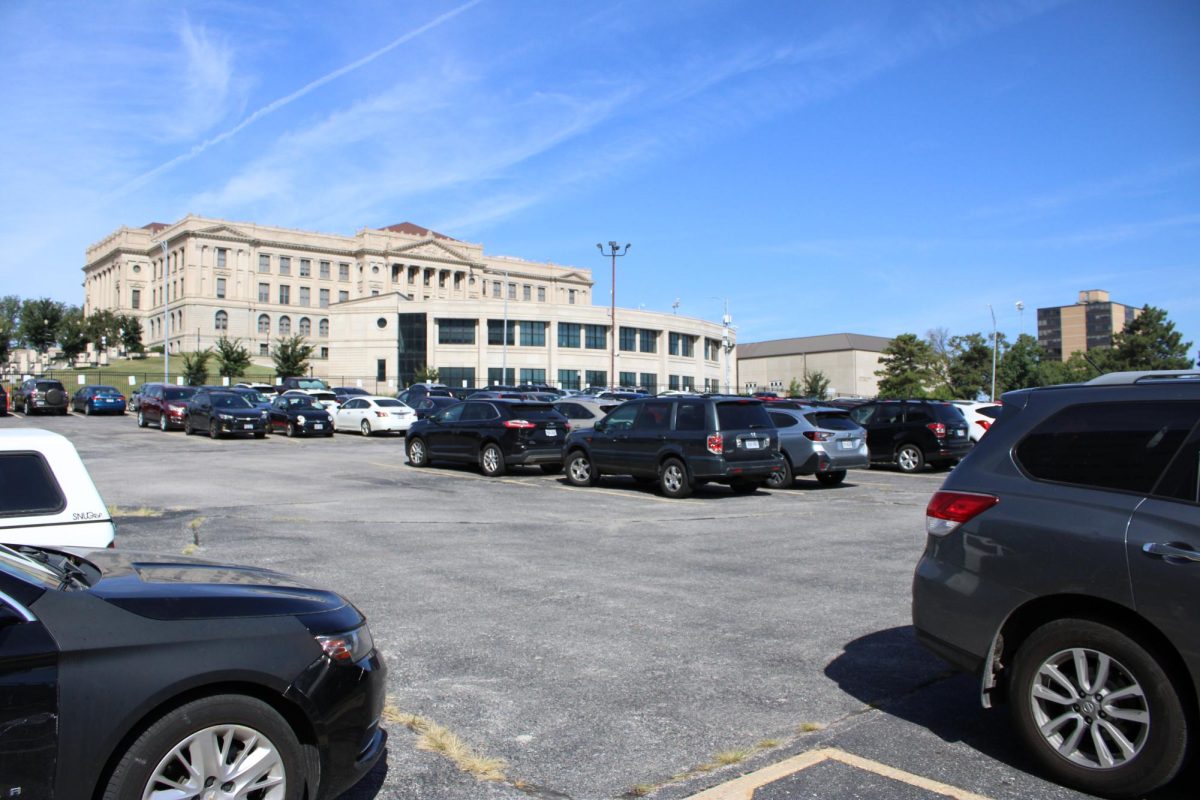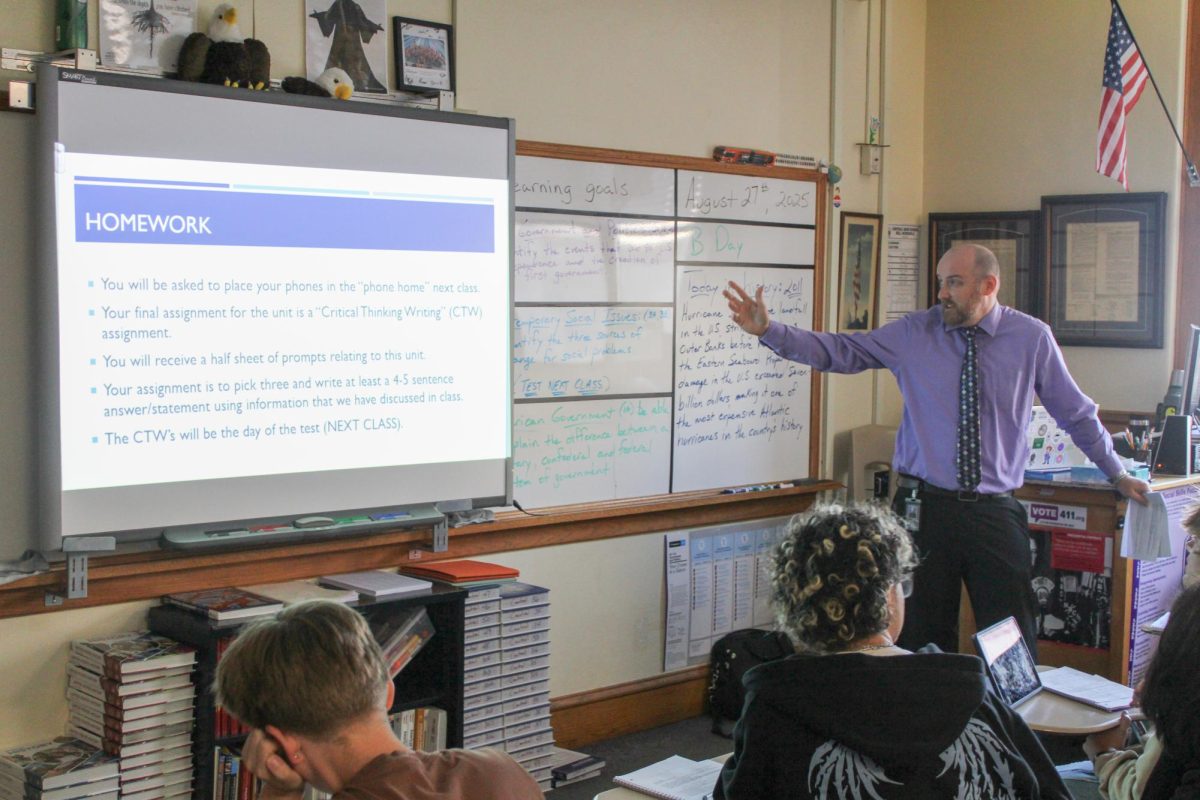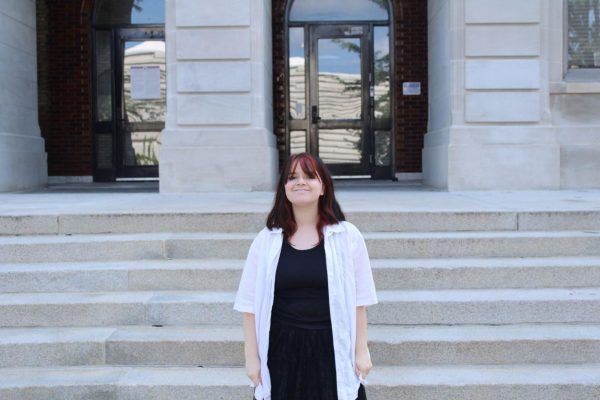Ebola treatment for Americans is our responsibility
November 2, 2014
As thousands of people in West Africa fell victim to the Ebola virus during the summer, Americans remained unaffected for a time. The disease was thousands of miles away, in third world countries. How could it ever affect us?
Then, in early August, two Americans working in Africa were diagnosed with Ebola and taken back to the U.S. for treatment.
Nearly three months later, a handful of American citizens have contracted Ebola while in Africa or have been infected in the states after coming into contact with other patients. Two Ebola patients came to the Nebraska Medical Center for treatment.
The recent “spread” of the Ebola virus has terrified many Americans. People fear that the virus will become just as damaging here as it is in Africa, and many are angry that the government is willfully transporting those infected back to the United States for care. It’s “just too risky,” they say, but to suggest that infected American citizens should be deserted and left to die after becoming ill is immoral and goes against the values that this country was built on. Those who were infected with the virus were in Africa doing humanitarian work, and to abandon them after their acts of selflessness would dishearten not only the victims, but many Americans and other people worldwide.
Moreover, what was the purpose of building expensive facilities designed for situations like this if we refuse to use them? Millions of dollars have been spent to build isolation units like the one at UNMC or the hospital in Georgia which housed the first two patients. Why would we fund and conduct research on infectious diseases and Ebola if we weren’t going to put it to use? The U.S. spends $119 billion a year on biomedical research, which comprises 45% of the world’s total health research spending. To deny Americans the opportunity to receive care in their native country does not only deny them the comforts of home, but it also denies them of the best care in the world.
To be frightened by a deadly disease is natural, but to suggest that it may become an epidemic in a highly developed country such as our own is absurd. We live in one of the most privileged, most developed countries in the world. We are equipped to handle “outbreaks” such as this one, while the countries suffering from Ebola epidemics, such as Liberia or Sierra Leone, are not.
On fear that the disease may become airborne, Dr. Darin Portnoy, Vice President of the international humanitarian organization Doctors Without Borders, assured in an interview with NPR that there was no way that Ebola could become airborne. The virus has no need to mutate.
This is not a horror movie or a science fiction flick. The virus isn’t going to mysteriously spread and infect millions of Americans. The Center of Disease Control (CDC) has issued several statements reassuring the public that there is no high risk of Ebola spreading.
Yet, people are still frightened by it. While it is human instinct to want to protect yourself, to argue that an American citizen should not be brought into the care of the U.S. is not only an uninformed view, but is also insensitive and selfish. It is a view supported only by fear and “What if” scenarios, rather than rational thought and explanation.



